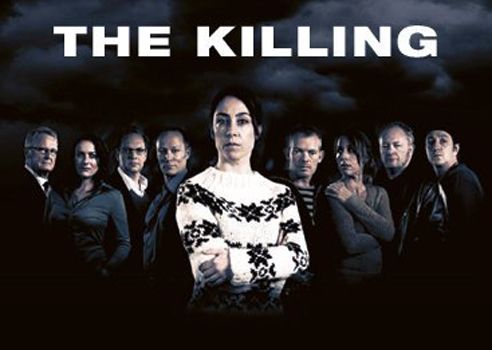Reading time: Less than 1 minute
This is my weekly installment of “writing about writing,” in which I scan the world to find websites, books and articles to help other writers. Today I discuss a Guardian article about the value of plot…
I wrote a piece, many years ago, for an online magazine, in which I expressed my tendency to read novels for their plot. The editor emailed me back almost immediately. “Really?” he wrote, incredulous. “I find that the least interesting part of any book.”
I appreciate fine writing too, of course, but it’s the plot that keeps me engaged. What’s going to happen next? Who’s going to do what and to whom? Even though I don’t typically read thrillers or mysteries, I’m absorbed by the not-knowing that comes with most novels. And if I’m not, I often stop reading the book. (The one exception for me has been the plot-free writing of Nicholson Baker, which I find remarkably engrossing.)
Still, in an article headlined, “Whatever next? How plot grips us, from Dickens to Line of Duty,” Guardian writer John Mullan drafts a compelling reflection on the pros and cons of plot. In the end, I have to say, he comes down in favour of it.
Here’s how he concludes:
Novel readers have never relinquished their delight in a good plot. Plot activates our confidence in design, our faith that the creator of a narrative knows what he or she is doing from the first moment. Which is why a carefully contrived plot is most satisfying when – as with Bleak House or The Killing [cast pictured above]– the material is darkest and the characters themselves most perplexed, and why that satisfaction can be as deep as any other response to fiction.

